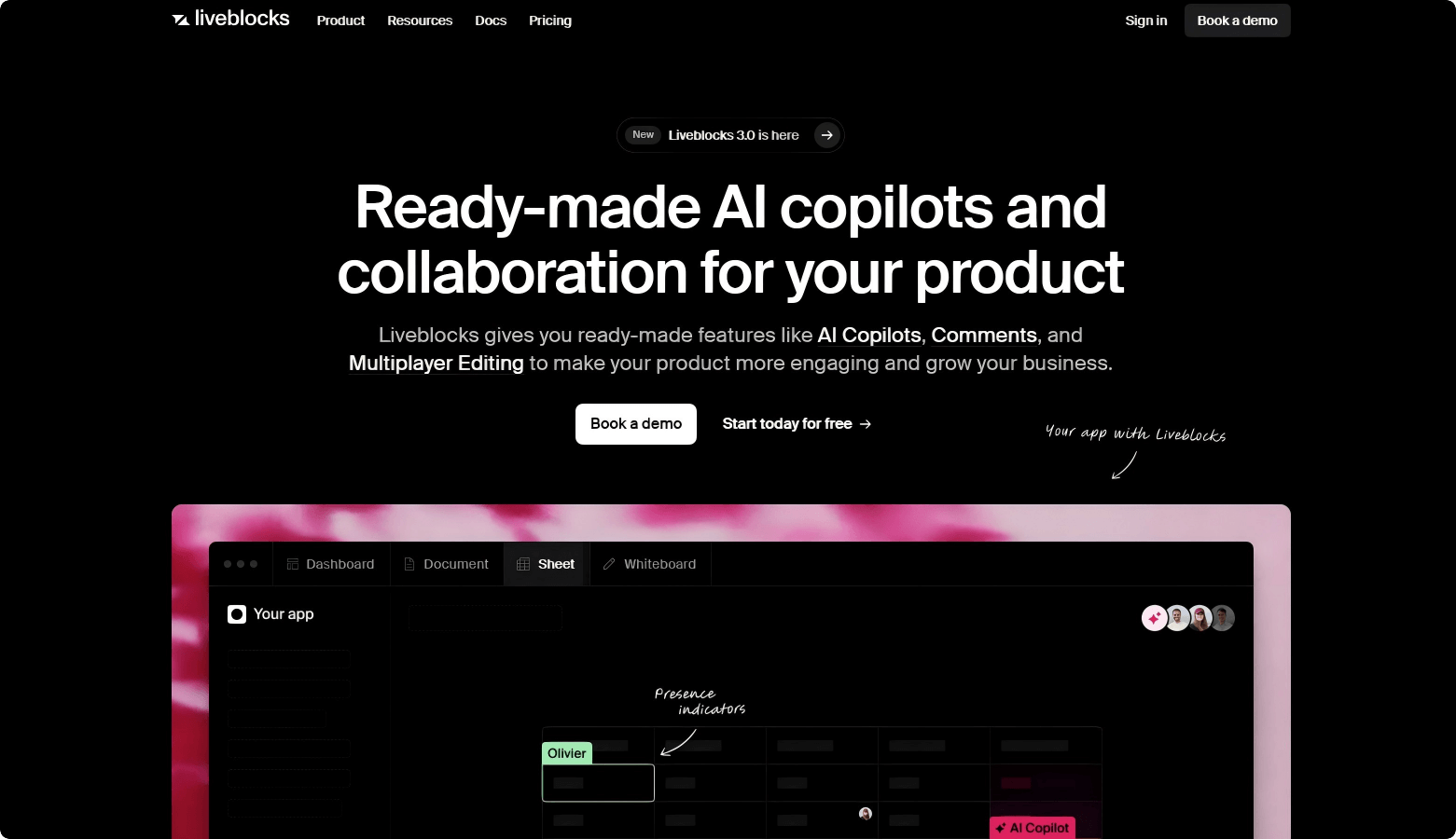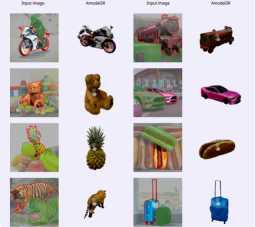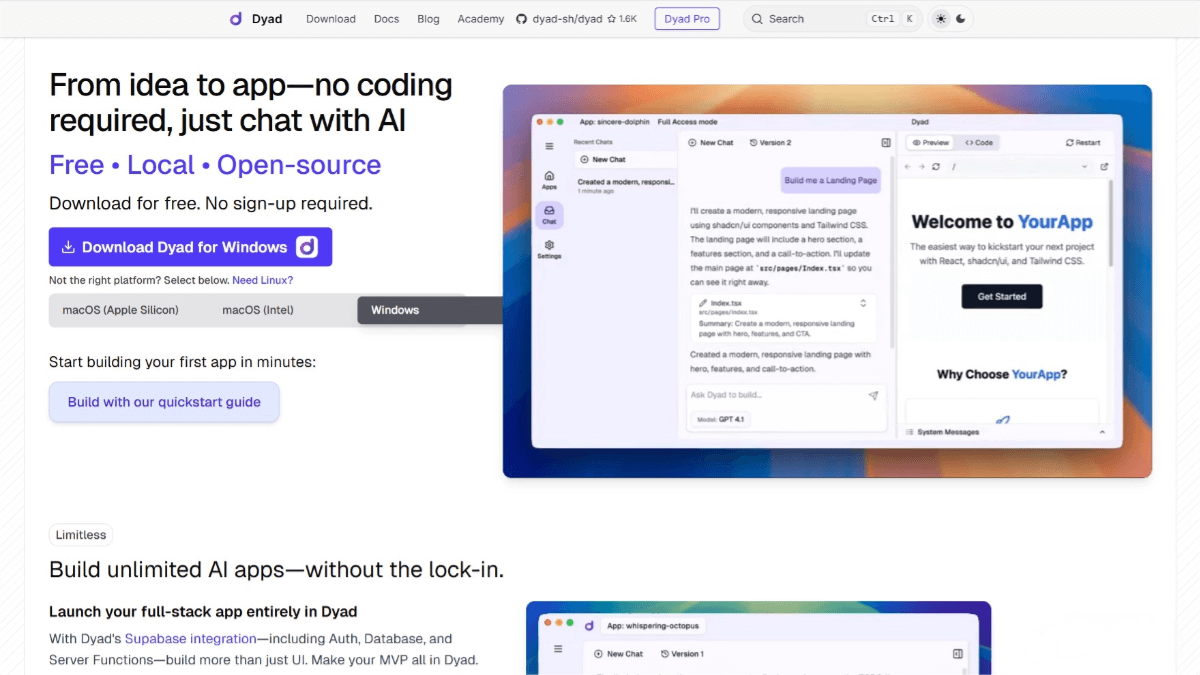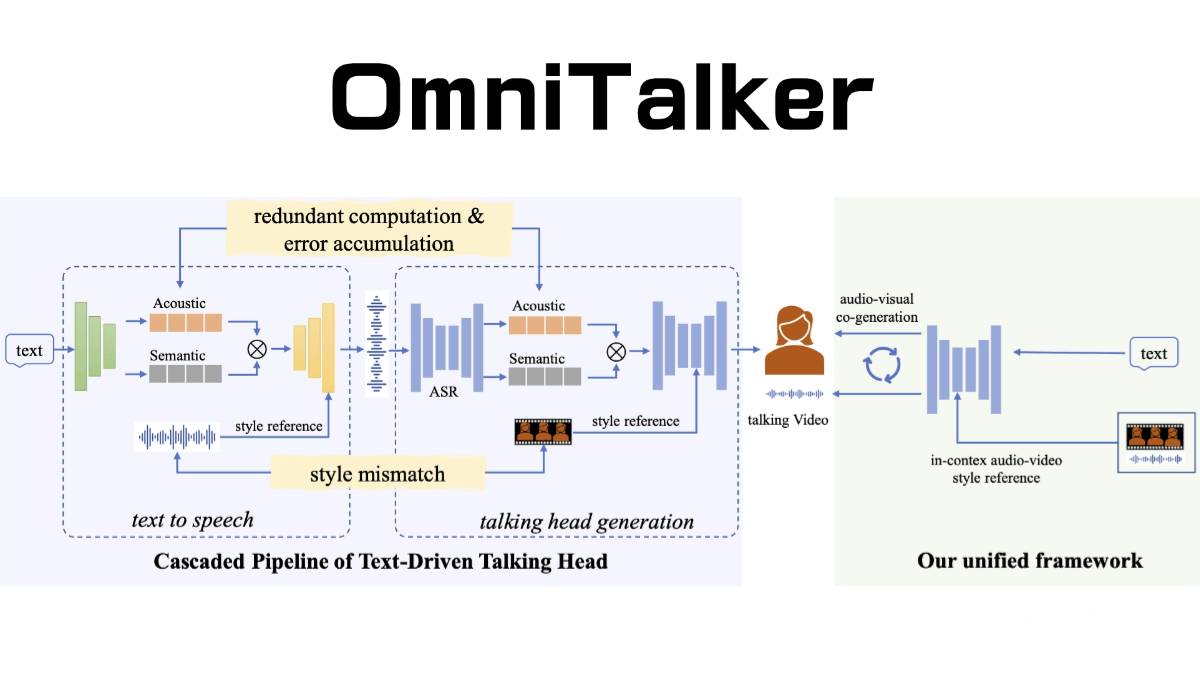RAGEN – An Open-Source Reinforcement Learning Framework for Training Large Model Reasoning Agents
What is RAGEN?
RAGEN is an open-source reinforcement learning framework designed to train large language model (LLM) reasoning agents in interactive, stochastic environments. Based on the StarPO (State-Thinking-Action-Reward Policy Optimization) framework, RAGEN optimizes the entire interaction trajectory through multi-turn dialogues and supports various optimization strategies such as PPO and GRPO. It formalizes the interaction between agent and environment as a Markov Decision Process (MDP) and introduces a progressive reward normalization strategy to effectively address instability in multi-round reinforcement learning.
RAGEN’s codebase is modular and well-organized into three main components: environment manager, context manager, and agent proxy, making it easy to extend and experiment. It supports various environments such as Sokoban, FrozenLake, and demonstrates strong generalization capabilities.
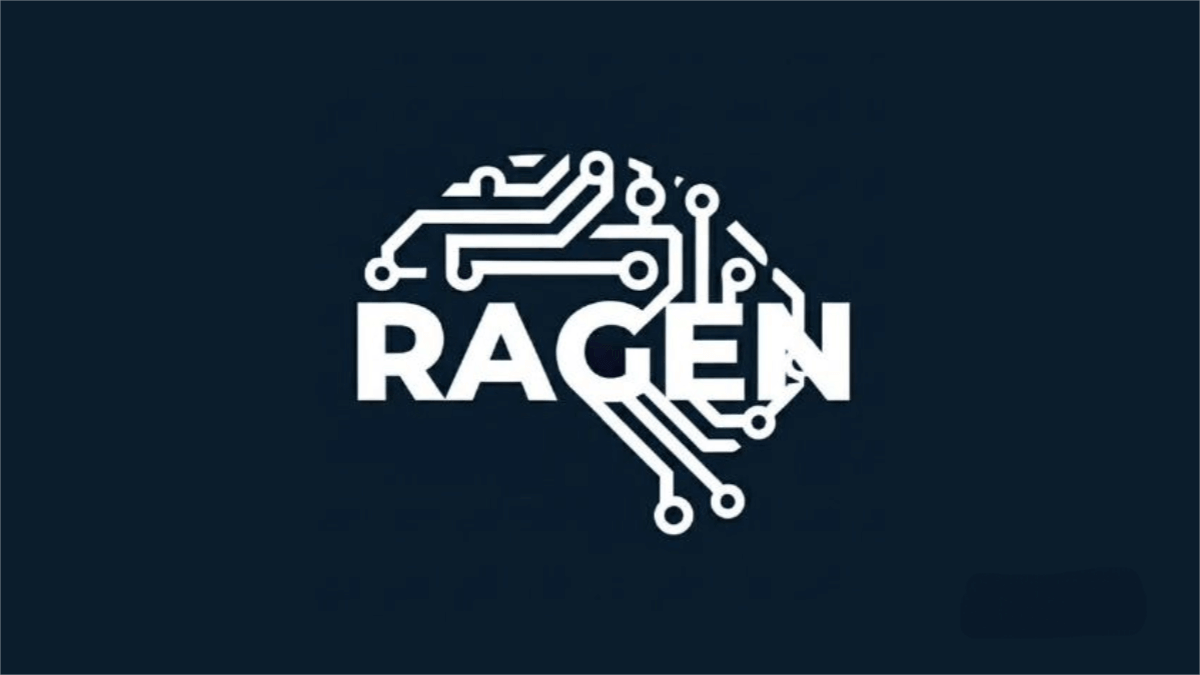
Key Features of RAGEN
-
Multi-Turn Interaction and Trajectory Optimization:
RAGEN formalizes the interaction between agent and environment as an MDP through the StarPO framework. It optimizes the entire interaction trajectory instead of just single-step actions. This full-trajectory optimization enables more reasonable decision-making in complex environments. -
Support for Multiple Reinforcement Learning Algorithms:
RAGEN supports several RL algorithms including PPO (Proximal Policy Optimization), GRPO (Generalized Reward Policy Optimization), and BRPO, giving researchers flexible algorithmic choices. -
Extensible Environment Support:
RAGEN supports a variety of environments like Sokoban and FrozenLake, and offers interfaces for adding custom environments, facilitating experimental research. -
Improved Stability and Efficiency:
RAGEN enhances training stability and efficiency through techniques such as variance-based trajectory filtering, critic-guided optimization, and decoupled clipping mechanisms.
Technical Principles of RAGEN
-
MDP Formalization:
RAGEN models the interaction between agent and environment as a Markov Decision Process, where states and actions are represented as token sequences. This enables LLMs to dynamically reason about the environment. -
StarPO Framework:
Training proceeds in two alternating stages:-
Rollout Phase: Given an initial state, the LLM generates multiple reasoning-guided interaction trajectories. At each step, it receives the history and generates the next action.
-
Update Phase: After generating trajectories, the expected reward over the entire trajectory is optimized using importance sampling, enabling long-term reasoning beyond single-step rewards.
-
-
Optimization Strategies:
StarPO supports multiple RL algorithms such as PPO (Proximal Policy Optimization) and GRPO (Generalized Reward Policy Optimization), adaptable to different training requirements. -
Progressive Reward Normalization:
To address instability in multi-round training, RAGEN introduces techniques such as uncertainty-based filtering, KL penalty removal, and asymmetric PPO clipping. -
Modular Design:
RAGEN features a modular architecture with components such as the environment state manager, context manager, and agent proxy, facilitating extension and customization.
RAGEN Project Links
-
Official Website: https://ragen-ai.github.io/
-
GitHub Repository: https://github.com/RAGEN-AI/RAGEN
-
Technical Paper: https://ragen-ai.github.io/pdf/RAGEN.pdf
Application Scenarios of RAGEN
-
Intelligent Dialogue Systems:
RAGEN can be used to train dialogue agents with enhanced reasoning capabilities, enabling more natural and accurate interactions with users. -
Game AI:
In complex and dynamic game environments, RAGEN helps agents plan and execute strategies effectively. -
Automated Reasoning:
RAGEN is applicable to tasks such as solving math problems or programming assignments, improving system problem-solving capabilities. -
Enterprise Knowledge Management:
RAGEN can function as an internal documentation assistant, extracting information from company wikis and meeting notes to generate reports or summaries. -
Legal Consulting:
In legal contexts, RAGEN can match relevant statutes and case law, and explain legal risks in plain language. -
Content Creation:
RAGEN can assist in generating technical blogs, news reports, and tutorials by retrieving GitHub code samples and technical documentation, synthesizing them into structured outputs.
Related Posts

